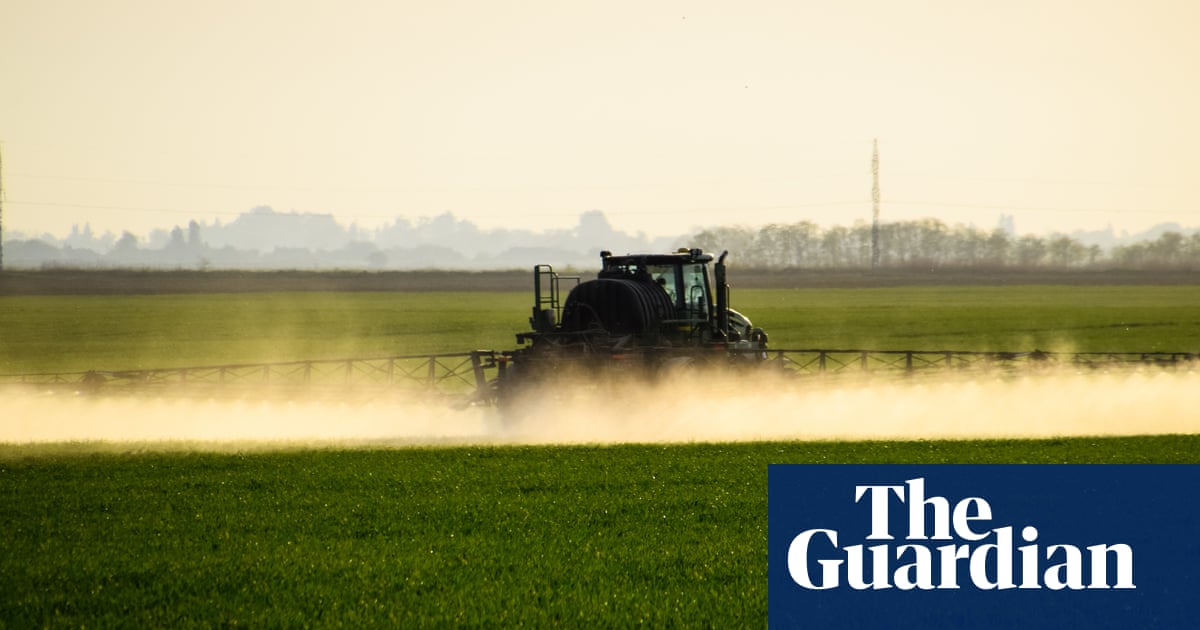
The use of synthetic pesticides in parks and other green public spaces in urban areas is to be banned in the EU, with member states obliged to cut overall use by 50%, according to a leaked draft regulation.
The move is said by the European Commission to be necessary owing to the failure of a number of EU member states to act on previous guidance on reducing the use of chemical pest control.
Officials say in the draft regulation that as a result of the proposals, “EU consumers could see increasing food prices, which might lead to increased imports from third countries with less strict regulation of pesticide use.”
But officials have said they will examine ways to mitigate the impact, adding that the EU needs “to shift to a fair, healthy and environmentally friendly food system”. Under the regulation, pesticides would also be banned in nature protection areas.
About 70 towns and cities in the UK are taking steps to reduce pesticide use, but there is not a prohibition in law. A spokesperson for the Pesticide Action Network UK (PAN UK) called on the British government to follow Brussels’ lead.
He said: “PAN UK has been calling for such a measure for many years and to see the European Commission bringing forward plans to end the unnecessary use of pesticides in urban areas is very welcome. It will be a huge benefit for the citizens and environment of the EU. PAN UK would like to see the UK follow suit and end the use of pesticides in our towns and cities.”
The draft EU regulation, which will need to win the support of member states and the European parliament, received a mixed reaction from environmental activists in mainland Europe.
Concerns have been raised over the lack of strictures put on farmers to use methods such as crop rotation and mechanical weeding. Potential loopholes around the 50% target have also been identified, relating to lack of confidence in the collection of accurate data.
Sarah Wiener, a Green MEP, said she feared the regulation would amount to empty promises. She said: “The commission’s proposal on the sustainable use of pesticides in the EU is anything but watertight. On the one hand, the commission acknowledges that the old directive gives the member states too much leeway and consequently wants to turn it into a regulation. On the other hand, the commission lists only insufficient measures to implement this basically good idea.
“Not only that but the commission does not even want to make the basics of integrated pest management binding, which would be the absolute minimum to achieve lower pesticide use and protect human health and biodiversity.”












